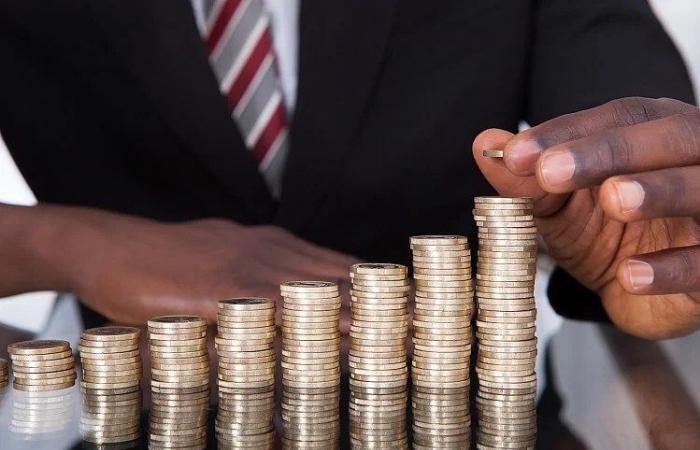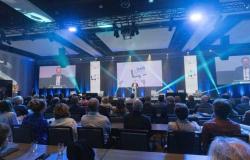The West African country of Senegal is at a critical crossroads in its economic development. Recently, allegations of manipulation of figures concerning the public deficit and debt have temporarily shaken (uncertainty of the moment: internalize the information) confidence in the country’s economic institutions. This context raises crucial questions on how to reassure markets, maintain a favorable business climate and strengthen ties with donors, while assessing the country’s potential under the new regime in place.
Economic Context and Manipulation of Figures
Current Situation
According to the BCEAO (Central Bank of West African States), Senegal’s budget deficit stood at 4.9% of GDP in 2022, while revised estimates from some analysts indicate an effective rate of up to 6.5%. Furthermore, public debt would have been underestimated, reaching around 70% of GDP, while official data suggests a rate of 60%. These manipulations raise major concerns for investors and technical and financial partners. Furthermore, a similar situation was highlighted by the services of the new Minister of the Economy.
Empirical Examples
The situation draws inspiration from similar cases in other African countries that have undergone structural adjustments, such as Ghana, whose manipulation of figures led to doubts about the government’s ability to repay its debt, leading to a crisis of confidence on the bond market, ultimately, the downgrading of their country signatures by certain rating agencies.
Reassure the Market and Maintain the Business Climate
To restore investor confidence and maintain a positive business climate, several measures can be considered:
1. *Transparency and Communication*: It is crucial to improve the transparency of economic data (harmonization between DPEE and ANSD). The government should establish a framework for the regular publication of financial reports, in collaboration with external bodies such as the IMF or the World Bank.
2. *Engagement with Donors*: Strengthen dialogues with technical and financial partners, committing to respect the social and economic recommendations in line with the endogenous economy approach of the PROJECT. This could include structural reforms in debt and public finance management.
3. *Establishment of a Legal Framework*: Adopt laws to strengthen the independence of financial institutions, ensuring that economic figures cannot be manipulated.
Impact of Concerns on Investments
Concerns about fiscal management directly influence investment decisions (OECD, 2023). Donors such as the African Development Bank (AfDB) have already expressed concerns about the sustainability of Senegal’s debt. A loss of confidence can lead to higher interest rates, making borrowing costly for the government.
Alternatives to Austerity Measures
Faced with the need to stabilize the economy, the government could explore alternatives to austerity measures, which can often push the economy further into recession:
1. *Investment in Strategic Sectors*: Senegal has significant natural resources, particularly in the mining, gas and oil sectors. Under the new regime and the leadership of President Diomaye and his Prime Minister Sonko, emphasis could be placed on attracting foreign direct investment in these sectors.
2. *Public-Private Partnerships (PPP) and the establishment of an economic consortium in the national private sector*: Encouraging PPPs could provide the necessary financing to build infrastructure while avoiding an additional burden on the public budget. Moreover, encourage the birth of a consortium.
3. *Diversification of the Economy*: Increasing investments in sectors such as agriculture, tourism and technology could reduce dependence on natural resources and increase the resilience of the economy.
The PROJECT and Economic Potential
The new economic policy framework called *PROJECT* aims to modernize the Senegalese economy, by capitalizing on its natural resources. The government should consider:
– *Establishment of Adequate Regulations*: Create a regulatory framework that encourages transparency and reduces the risks linked to the exploitation of resources.
– *Sustainable Development*: Ensure that projects in the mining, gas and oil fields meet sustainable standards to protect the environment and local communities.
Senegal, although facing transparency and trust challenges, has considerable opportunities through its PROJECT program and its natural resources. By adopting transparent practices and engaging in open dialogue with lenders, the country can build investor confidence and ensure a sustainable economic future. The challenge for the new regime will be to navigate these challenges while maintaining political and economic stability, creating an environment conducive to growth and investment: pro-poor growth is achievable.
Dr. Seydina Oumar Seye.






